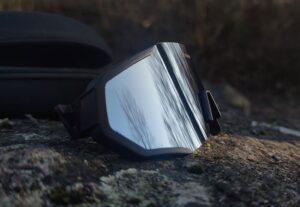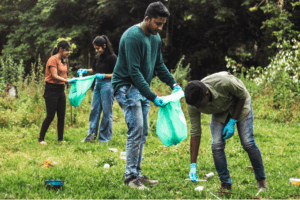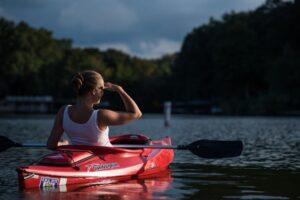Heading into the great outdoors for a weekend camping trip? You’re in for an adventure! But before you hit the trails and pitch your tent, there’s one crucial task that sets the tone for your entire trip: packing. What you bring – and what you leave behind – can make or break your camping experience.
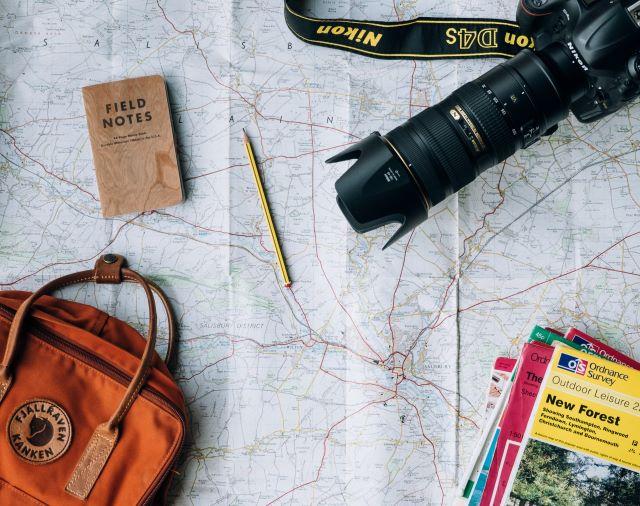
Whether you’re a seasoned camper or new to the scene, this step-by-step guide will walk you through the essentials, ensuring you’re well-prepared and ready to enjoy a stress-free and memorable weekend in the wilderness. From selecting the right gear to optimizing space in your backpack, we’ve got you covered at every step of the way.
Grab this checklist and get ready to learn how to pack like a pro for your next outdoor escapade.
Got lost while packing for your weekend camping trip?
Did you get lost while packing for your weekend camping trip? You’re not alone! Figuring out what to bring can be a challenge, especially when you want to strike the perfect balance between being prepared and not overpacking. We’ve all been there – staring at a pile of gear and wondering if we’ve got everything covered. That’s why this guide is designed to take the guesswork out of the equation.
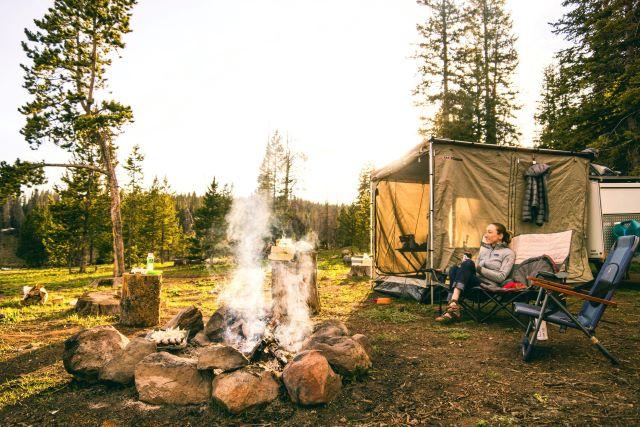
Whether you’re headed to a nearby campground or a remote backcountry spot, the key is to pack efficiently and thoughtfully. By following our step-by-step advice, you’ll not only save space and weight but also ensure you have everything you need for a comfortable and enjoyable outdoor experience. So, let’s dive into the art of packing for a weekend camping trip and discover the essentials that will make your getaway a breeze.
Sleeping Essentials
Tent
For your temporary home in the great outdoors, choosing the right tent is crucial for a successful weekend camping trip. Consider the size of your group and the conditions you’ll be facing. A two-person tent is often a good choice for couples, while larger groups might opt for a family-sized tent.
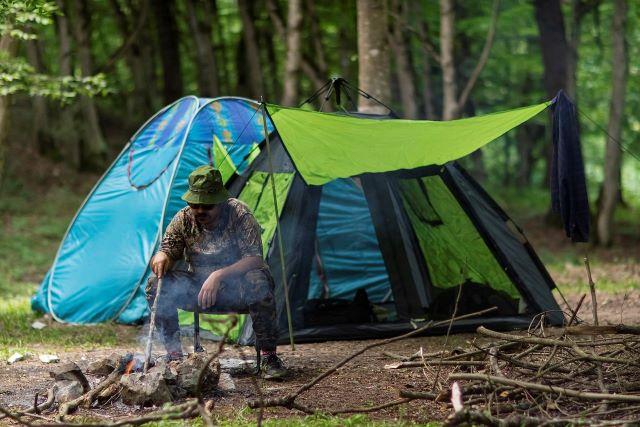
Look for a tent with a rainfly to keep you dry during unexpected rain showers. Set up your tent at home before you go to ensure you’re familiar with the process and that all the necessary components are present. A well-chosen tent will provide you with shelter and a comfortable resting place throughout your adventure.
Sleeping bags and sleeping pads
Sleeping Bags and Sleeping Pads: A good night’s sleep is essential for an enjoyable camping experience. When choosing a sleeping bag, consider the temperature rating to ensure you stay warm throughout the night. If you’re camping in colder conditions, opt for a bag rated lower than the expected temperature.
Synthetic sleeping bags are often a more budget-friendly option and can handle damp conditions better than down bags. Along with a sleeping bag, bring a sleeping pad to insulate yourself from the cold ground. There are various types of sleeping pads, including foam, self-inflating, and air mattresses.
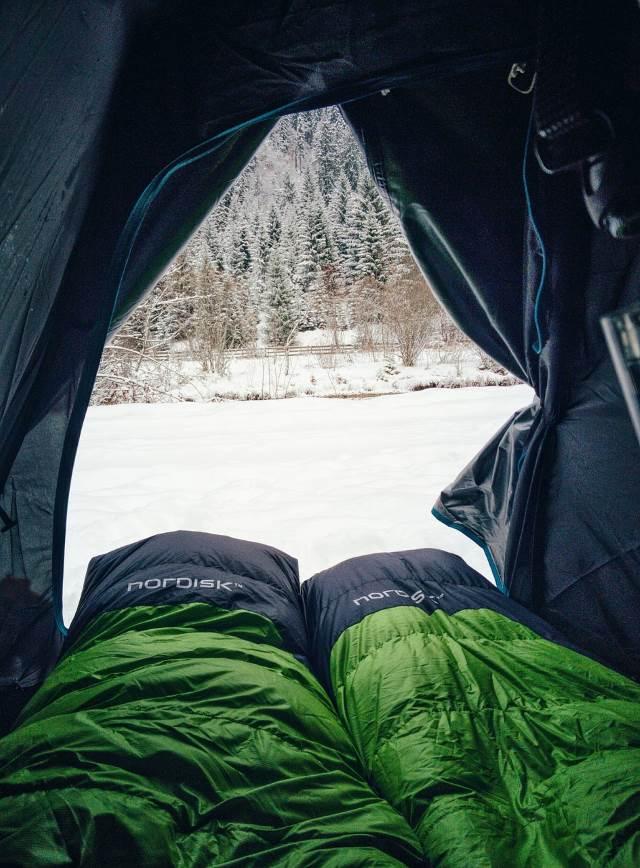
Select one that suits your comfort preferences and the level of insulation you need. A well-insulated sleeping bag and a comfortable sleeping pad will keep you cozy throughout the night.
Pillows and blankets
Pillows and Blankets: While it might be tempting to leave these behind to save space, having a comfortable pillow and a warm blanket can greatly enhance your camping comfort. Pack a small, inflatable camping pillow that doesn’t take up much space and provides support for your head and neck.
For blankets, consider lightweight and compact options that provide extra warmth during chilly nights. If you prefer, you can also use a sleeping bag liner as an extra layer inside your sleeping bag. These small additions can make a big difference in your overall sleeping experience and help you get a restful night’s sleep while camping.
Cooking Equipment and Food
Portable stoves and cookware
When it comes to meals, having the right cooking equipment is essential. A portable camping stove is a must for preparing hot meals and beverages. There are various types available, including propane, butane, and multi-fuel stoves. Choose one that suits your needs and is easy to transport.
Additionally, pack lightweight cookware such as a pot, pan, and utensils. Look for cookware designed for camping, which is often made from durable materials and has non-stick coatings for easy cleaning. Don’t forget to bring a portable coffee maker if you’re a coffee enthusiast. As for food, plan your meals ahead of time and opt for non-perishable items like canned goods, dried fruits, energy bars, and instant noodles.
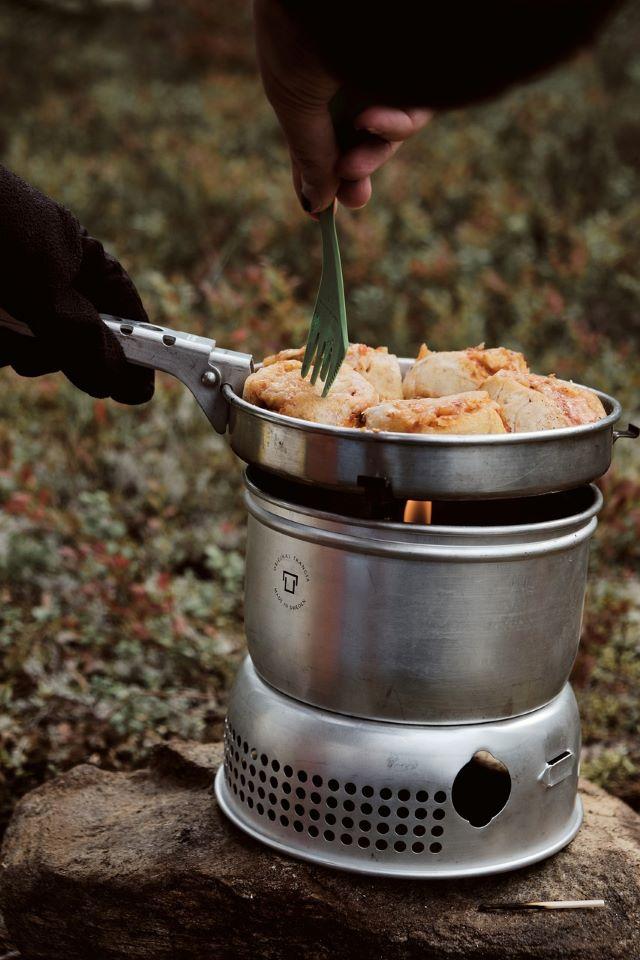
These items are convenient and require minimal preparation. However, if you plan to cook fresh food, ensure you bring the necessary ingredients and store them in airtight containers to prevent spoilage.
Utensils, plates, and cups
Essential for a comfortable camping experience, pack lightweight and durable reusable utensils, plates, and cups. Opt for camping-specific utensil sets with carrying cases and choose shatterproof, easy-to-clean plates and bowls. Collapsible or stackable designs save space. Reusable cups or mugs are eco-friendly. Remember to wash everything after use for hygiene.
Non-perishable food items
Non-perishable Food Items – Pack a variety of non-perishable foods that are easy to prepare and require minimal cooking. Consider options like canned soups, dehydrated meals, instant noodles, granola bars, trail mix, and canned fruits. These items have a longer shelf life and won’t spoil quickly.
Check for any dietary restrictions and preferences of your group members and ensure you have enough food for all meals during the trip. Don’t forget condiments, spices, and seasonings to add flavor to your meals. Keep in mind any food allergies and pack accordingly.
Camping Gear and Accessories
Flashlights, Lanterns
Flashlights and Lanterns – essential for safe and comfortable camping, flashlights and lanterns provide illumination around your campsite. Opt for durable, weather-resistant LED flashlights with adjustable brightness. Consider a hands-free headlamp for versatility.
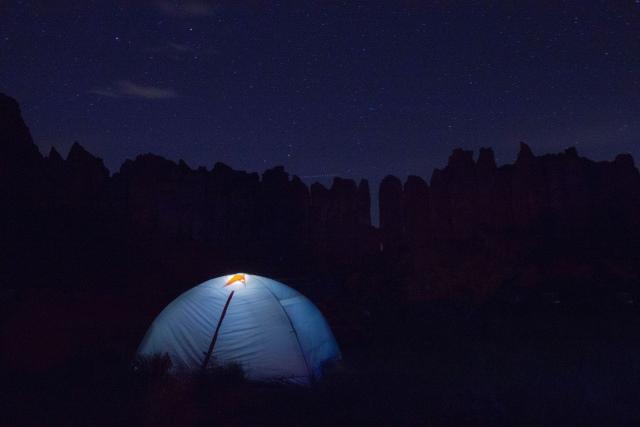
Battery-powered lanterns emit ambient light and are convenient for gatherings or inside tents. Pack extra batteries and choose a mix of hands-free and lantern options for versatile lighting.
Camping chairs and tables
Camping Chairs and Tables – Comfort is key, and portable camping chairs offer a cozy spot to relax. Look for lightweight, foldable chairs with durable frames and comfortable seating. Some options even come with cup holders and side pockets for added convenience. Portable camping tables provide a stable surface for cooking, dining, or playing games.
They are usually compact and easy to set up, making them a valuable addition to your campsite setup. Choose chairs and tables that fit your preferences and the size of your group, ensuring a comfortable and functional outdoor experience.
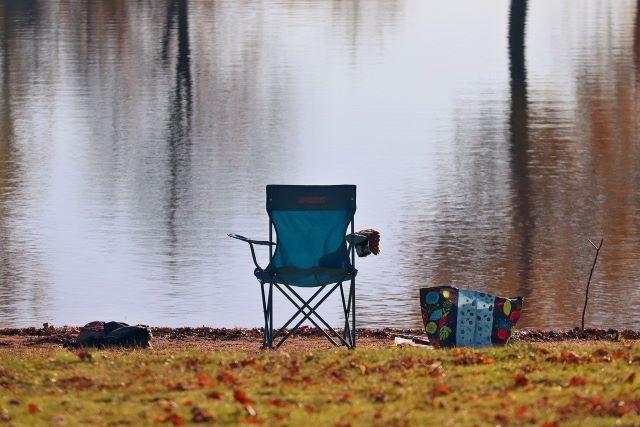
Outdoor recreational equipment
Elevate your camping experience with gear that suits your interests. Opt for sturdy hiking boots and a daypack if you enjoy hiking. If water activities are your preference, think about packing kayaks, paddleboards, or fishing equipment if the campsite is near water.
Compact games like frisbees or footballs can offer entertainment, and a deck of cards or board games can be great for campfire nights. Factor in space and transportation when choosing gear, focusing on activities that align with your plans for the weekend camping trip.
Clothing and Footwear
Pack weather-appropriate clothing in layers. Choose moisture-wicking base layers, insulating mid-layers, and waterproof outer layers. Include extra socks and underwear. Opt for versatile clothing that can be mixed and matched. Hiking boots or sturdy outdoor shoes are crucial.
Don’t forget a hat, sunglasses, and a rain jacket for changing weather. Bring sleepwear and spare clothes for the campsite, opting for quick-drying, breathable fabrics.
Hygiene and Personal Care
Toiletries and hygiene products
Remember to pack essential toiletries like toothbrushes, toothpaste, and biodegradable soap. Include a small towel or microfiber towel for drying off. Don’t forget to bring toilet paper, hand sanitizer, and any personal medications you might need. Sunscreen and insect repellent are essential for outdoor protection.
If you wear contact lenses, pack extra pairs and a pair of glasses as a backup. A small mirror can be handy for personal grooming. Keep these items in a compact toiletry bag to stay organized.
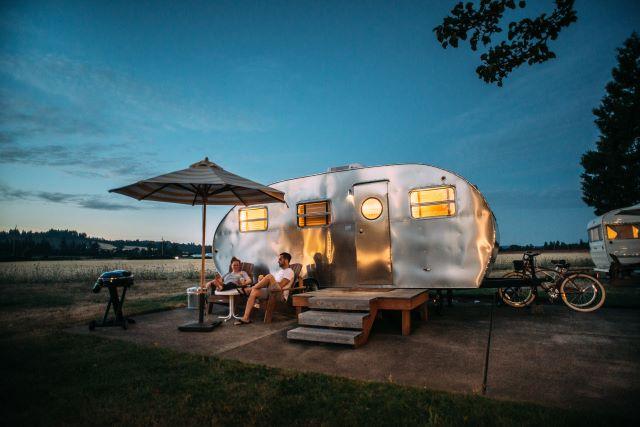
Sunscreen and insect repellent
Protection from the elements is crucial. Pack a broad-spectrum sunscreen with a high SPF rating to shield your skin from harmful UV rays. Opt for a water-resistant formula if you plan to be around water. Insect repellent is essential to ward off pesky bugs, especially in wooded areas.
Look for a repellent with DEET or other effective ingredients to keep mosquitoes and ticks at bay. Apply sunscreen and insect repellent regularly throughout the day to ensure maximum protection. Remember that these small items can make a big difference in your comfort and well-being during your camping trip.
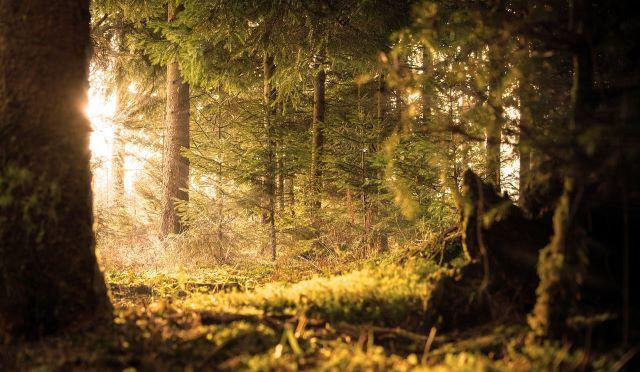
First aid kit
Safety should always be a priority when camping. A well-equipped first aid kit is your insurance against minor injuries and mishaps. Include essentials like adhesive bandages, antiseptic wipes, gauze pads, tweezers, scissors, and adhesive tape. Pain relievers, antihistamines, and any personal medications should also be in your kit.
If you’re venturing into remote areas, consider adding a snakebite kit and a compact CPR face shield. Familiarize yourself with the contents of your first aid kit and how to use them. Hopefully, you won’t need it, but having a comprehensive kit on hand can provide peace of mind and the ability to handle unexpected situations with confidence.
Safety Considerations
Navigation tools and maps
In addition to technology like GPS and apps, pack backup navigation tools like physical maps and a compass. They’re essential for areas with limited signal coverage or device issues. Familiarize yourself with their use before your trip. A whistle for emergencies and a small notebook for jotting down directions or notes are handy. These tools enhance your sense of security and keep you on track during your camping adventure.
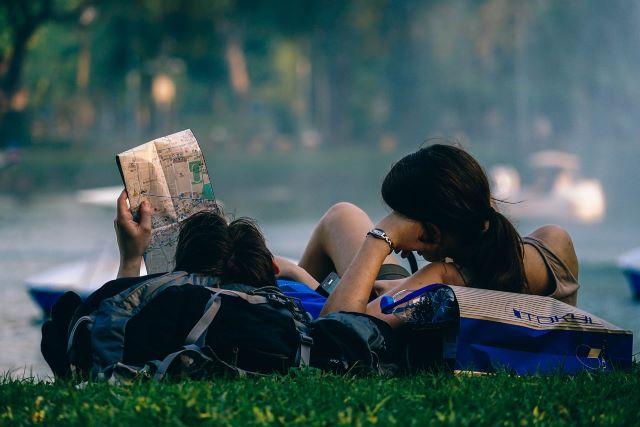
Emergency communication devices
As I said, safety is paramount, so consider carrying emergency communication devices such as a satellite phone or a personal locator beacon (PLB). These devices can help you call for help in remote areas where cell signal is scarce. Before your trip, make sure you understand how to operate them and register any necessary information with relevant authorities. Having these tools at hand can provide peace of mind and ensure you’re prepared for unexpected situations during your weekend camping getaway.
Fire safety equipment
Besides the enjoyment of campfires, it’s important to be responsible. Bring a fire extinguisher and water/sand to fully extinguish fires before leaving. Adhere to local regulations and fire bans. Practicing responsible fire management safeguards the environment and people.
Tips for a Successful Camping Trip
Dressing in layers for changing weather
Weather in the outdoors can be unpredictable, especially during a weekend camping trip. Pack a variety of clothing layers that you can easily add or remove to adapt to temperature changes. Start with moisture-wicking base layers to keep sweat away from your skin, followed by insulating layers for warmth, and finish with a waterproof and windproof outer layer to protect against the elements.
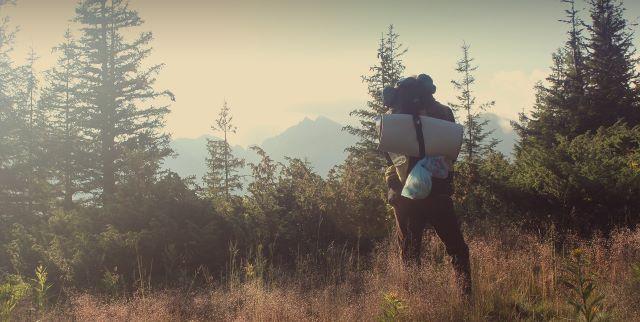
This approach ensures you’re prepared for both chilly mornings and warmer afternoons. Don’t forget a waterproof jacket, as unexpected rain can put a damper on your plans if you’re unprepared.
Being mindful of campground rules and regulations
Familiarize yourself with the campground’s rules before your trip. These guidelines cover noise, campfires, waste disposal, and campsite setup. Respecting these rules maintains the environment and enhances the camping experience for all.
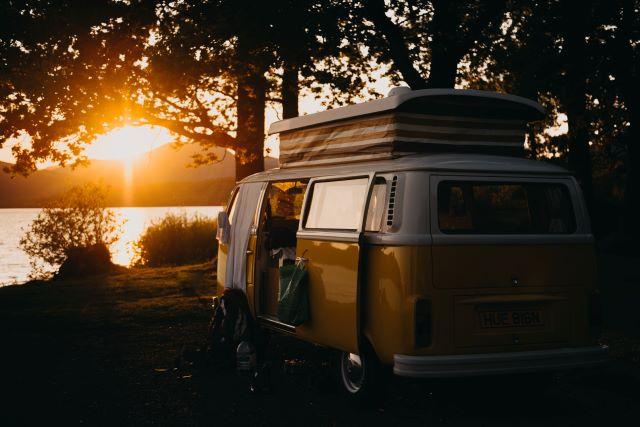
Embracing the spirit of adventure and relaxation
Remember that the essence of camping is to unwind and explore. While planning exciting activities is crucial, leave room for spontaneous moments and relaxation. Whether you’re hiking a trail or simply lounging by the campfire, embracing both adventure and tranquility is key to a fulfilling camping weekend.
Final Thoughts
In conclusion, packing for a weekend camping trip involves careful consideration of various essentials to ensure a comfortable and enjoyable experience. From sleeping gear and cooking equipment to clothing and safety tools, each item plays a significant role in creating lasting memories amidst nature.
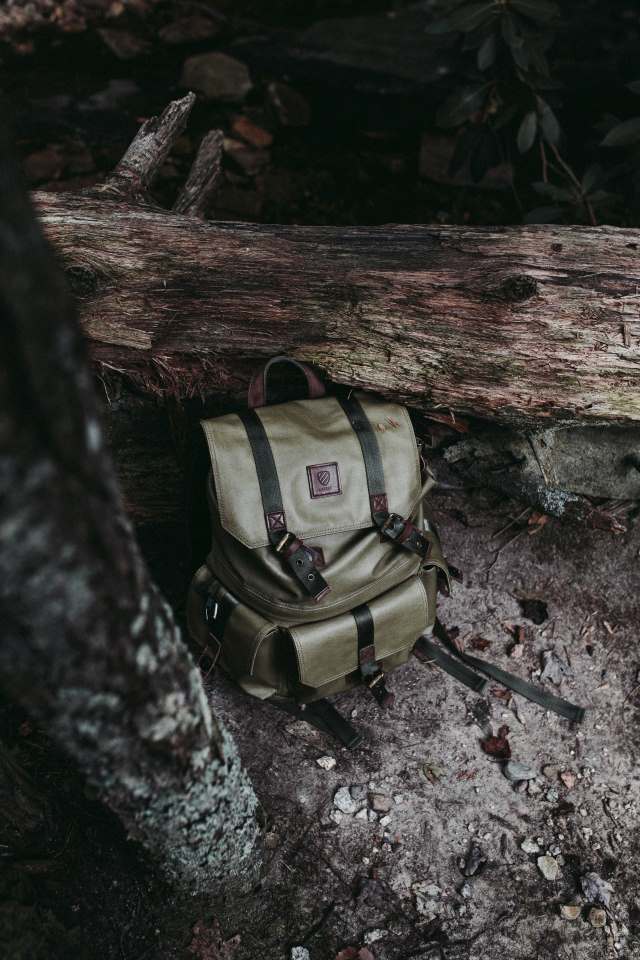
By following this step-by-step guide and tailoring your packing list to your preferences and the specific destination, you can embark on your camping adventure fully prepared and ready to embrace the outdoors. Remember, the key is to strike a balance between convenience and simplicity, allowing you to savor every moment of your camping getaway. So, gather your gear, immerse yourself in nature, and relish the freedom of the great outdoors. Happy camping!
FAQs:
What should I do if the weather forecast changes before my camping trip?
Weather can be unpredictable, so it’s wise to keep an eye on the forecast as your trip approaches. If you notice a change in weather conditions, adapt your packing accordingly. Bring extra layers, rain gear, and waterproof covers for your gear. Be prepared for temperature fluctuations and unexpected rain or wind.
Flexibility is key – consider altering your plans or activities if the weather takes a turn. Remember, safety comes first; if conditions become hazardous, it might be best to postpone or modify your trip.
How do I stay organized while camping?
Staying organized enhances your camping experience. Prioritize by making lists – one for essentials, another for additional items. Use clear plastic bags or waterproof containers to separate and protect items. Opt for packing cubes to keep clothes tidy and easily accessible.
Create a designated area for each category of gear in your tent or campsite. Invest in a multi-pocketed camping organizer for small essentials like keys, headlamps, and utensils. Regularly declutter and reorganize to avoid chaos during your trip.
Are there any specific safety precautions I should take during a camping trip?
Safety is paramount in the wilderness. Ensure you’re familiar with the area’s rules and regulations. Carry a well-stocked first aid kit and know how to use it. Let someone know your plans, including your itinerary and expected return time. Keep an eye on the weather forecast and be prepared for changing conditions.
When cooking, follow fire safety protocols and use designated cooking areas. Respect wildlife and keep a safe distance. In case of emergencies, know how to use communication devices and be familiar with nearby medical facilities.
Can I bring my pet on a camping trip?
Many campsites allow pets, but it’s crucial to check the specific rules beforehand. If allowed, bringing your pet can be a wonderful experience for both of you. Ensure your pet is well-trained, comfortable around people and other animals, and up-to-date on vaccinations.
Pack essential pet supplies such as food, water, a leash, waste bags, and a cozy bed. Be considerate of fellow campers by keeping your pet on a leash, cleaning up after them, and minimizing their impact on the environment.


